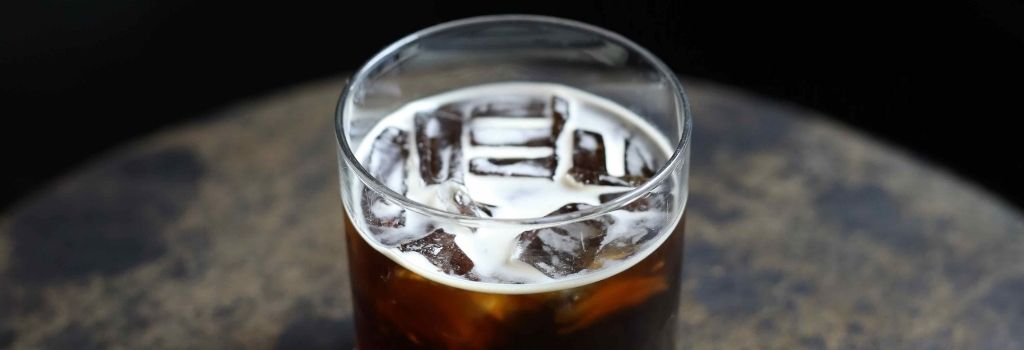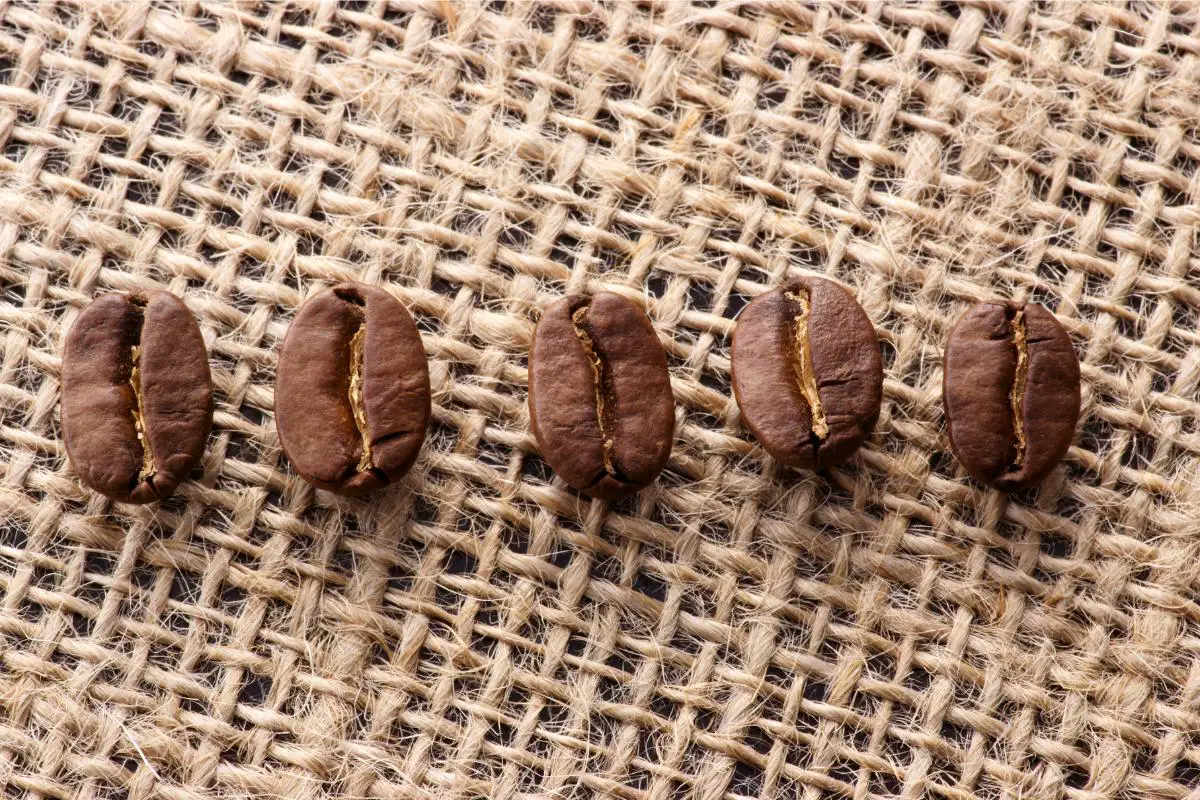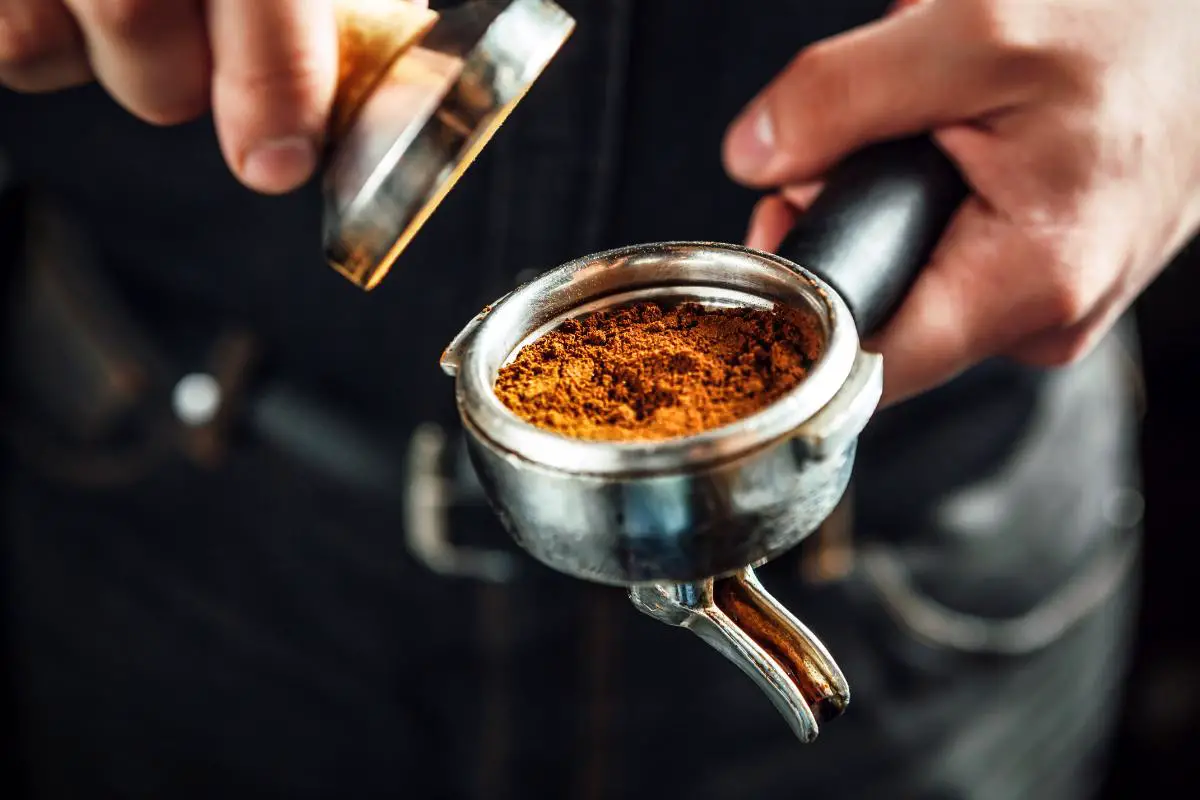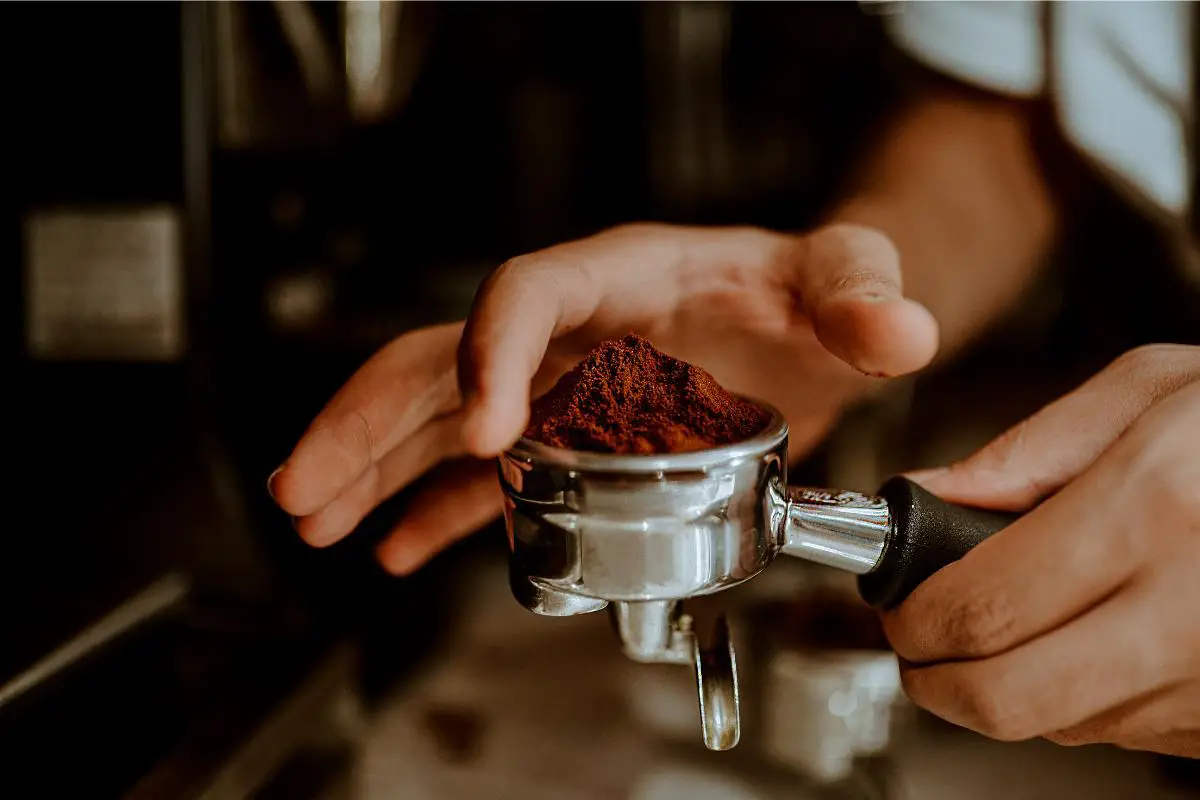There are many methods to make coffee, but not all are created equal regarding the most energy-efficient way to make coffee.
Some methods use more energy than others, and in today’s world, saving energy is more important than ever.
Table of Contents
What To Consider When Making Energy Efficient Coffee?
The most energy-efficient way to make coffee is by using a coffee maker that doesn’t use electricity such as the AeroPress Coffee Maker which is only made using plastic and comes in 3 parts.
There are many different types of these coffee makers on the market, and they all have their own advantages and disadvantages.
The most important thing to consider when choosing a coffee maker is how much coffee you want to make.
If you only need to make a small amount of coffee, then a manual coffee maker might be the best option for you. These coffee makers don’t use any electricity, so they are very energy efficient.
An electric coffee maker is probably your best bet if you need to make a large pot of coffee.
Electric coffee makers can efficiently brew a large pot of coffee in just a few minutes.
No matter what type of coffee maker you choose, be sure to only use as much water as you need to make your coffee.
Using too much water will not only waste energy but will also result in weaker coffee.
What Is The Most Energy Efficient Way To Make Coffee?
The answer may surprise you…
The most energy-efficient way to make coffee is actually to use a cold brew coffee maker.
Cold brew coffee makers don’t require any energy to operate, since they don’t use heat to extract the coffee’s flavour.
This means that they use far less energy than other methods of making coffee, like drip coffee makers or espresso machines.
If you’re looking for a more energy-efficient way to make your morning cup of coffee, cold brew is the way to go.
Not only will you save energy, but you’ll also end up with a delicious cup of coffee that’s full of flavour.
How To Make Cold Brew Coffee?
There are a few different ways to make cold brew coffee, but one of the most popular methods is to use a French press.
To make cold brew coffee in a French press, simply add coffee grounds and water to the press, and then let it steep overnight.
In the morning, you’ll have delicious cold brew coffee ready to enjoy.
Another popular method for making cold brew coffee is to use a Mason jar.

To make cold brew coffee in a Mason jar, simply add coffee grounds and water to the jar, and then let it steep overnight, and again, by the morning, you’ll have delicious cold brew coffee that’s ready to enjoy.
5 Tips To Help Make Energy Efficient Coffee
- Use a coffee maker that has an automatic shut-off feature.
- Only brew the amount of coffee you need.
- Use a reusable filter instead of disposable paper filters.
- Clean your coffee maker regularly to maintain its efficiency.
- Invest in a thermal carafe to keep your coffee hot without using additional energy.
Making coffee can be energy-efficient if you use the right methods. Follow these tips to save energy and make the perfect cup of coffee every time.
What Is The Most Energy Efficient Way To Make Hot Coffee?
If you want to make hot coffee in a more energy-efficient way, consider using a stovetop coffee maker.
Stovetop coffee makers themselves don’t use electricity, so they are much more energy-efficient than electric coffee makers.
Plus, they can make a delicious cup of coffee that’s just as good as coffee made with an electric coffee maker.
To make coffee in a stovetop coffee maker, simply add coffee grounds and water to the pot, and then place it on the stove.
Heat the water until it starts to boil, and then let the coffee brew for 3-5 minutes.
After the coffee is done brewing, remove the pot from the heat and enjoy your delicious cup of coffee.
Is It More Energy Efficient To Make Coffee At Home Or Buy It?
Making coffee at home is more energy-efficient than buying coffee from a coffee shop.
Coffee shops use a lot of energy to brew their coffee, and they also generate a lot of waste.
When you make coffee at home, you can control how much energy you use and how much waste you generate, plus, you’ll save money by making coffee at home instead of buying it.
With a little bit of planning, you can easily make delicious coffee that’s full of flavour and saves you money, and you’ll be doing your part to reduce your carbon footprint.
What Uses More Electricity Kettle or Coffee Machine?
It depends on how you’re using each appliance. If you’re boiling water in a kettle to then make coffee in a coffee machine, the kettle will use more electricity.
However, if you’re using an automatic drip coffee maker, it will likely use less electricity than boiling water in a kettle. It all comes down to how you’re using each appliance.
In general, kettles use more electricity than coffee machines because they need to heat up water to a higher temperature.
Coffee machines usually only need to heat water to a lower temperature, so they’re more energy-efficient.
However, this doesn’t mean that all kettles are less energy-efficient than all coffee machines. It all depends on the specific appliance and how you’re using it.
If you want to save energy, it’s best to only boil the amount of water you need. This way, you won’t be wasting electricity by boiling more water than you need.
Additionally, it’s important to clean your kettle regularly to prevent mineral buildup. This will help your kettle run more efficiently and use less energy.
What Is The Most Energy Efficient Way To Make Coffee FAQs?

A. There are a few things you can do to make your coffee more energy-efficient: only brew the amount of coffee you need, use a reusable filter, clean your coffee maker regularly, and invest in a thermal carafe.
A. Yes, you can make coffee without a filter, but it will likely be much weaker than coffee made with a filter. Additionally, you’ll need to clean your coffee maker more frequently if you don’t use a filter.
A. It’s best to clean your coffee maker every week or two. However, if you notice that your coffee isn’t tasting as good as it used to, it’s a good idea to clean it sooner.
A. The best way to store coffee is in an airtight container in a cool, dark place. Coffee that is exposed to light or heat will go stale more quickly.
Conclusion
in conclusion, making cold brew coffee at home is the most energy-efficient way to make coffee.
This is because you can control how much energy you use and how much waste you generate.
However, for hot coffee, stovetop coffee makers are more energy-efficient than electric coffee makers, and if you want to save even more energy, only boil the amount of water you need.
Lastly, it’s important to clean your kettle regularly to prevent mineral buildup and make it more energy-efficient.
If you enjoyed this article, read more like this by checking out our Specialty Coffee Beginners Guides.




